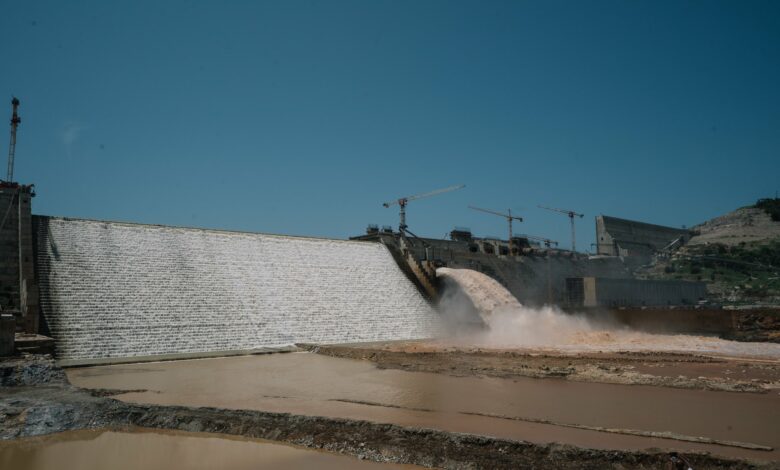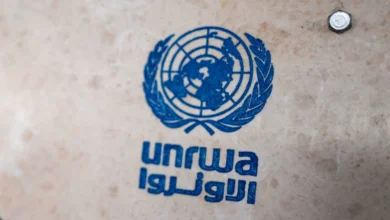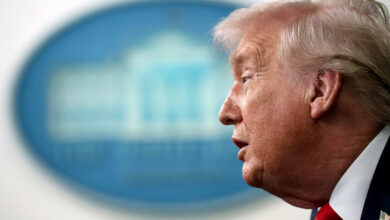
The Egyptian Minister of Local Development, Mahmoud Shaarawy, said that Egypt has entered the stage of water poverty, according to international rates and standards, and according to the UN standards.
He explained that the definition of water poverty limits the per capita share to 1,000 cubic meters of water per year, and therefore today the per capita share of water in Egypt has decreased to 550 or 580 cubic meters of water, which is about half of the water poverty rate.
Shaarawy presented the features of the water situation in Egypt at present, the state’s plan regarding the policy of rationalizing water use, the national project for lining water channels, and the transition to a modern irrigation system to conserve water, treat agricultural and sanitary drainage water, desalinate sea water, and purify lakes.
Shaarawy explained that all ministries and state institutions are making great efforts around the clock in all Egyptian governorates, in implementation of the directives of the political leadership to rationalize water and reach the maximum possible benefit from Egypt’s water resources.
Shaarawy presented during a symposium some satellite map images that demonstrate the extent to which Egypt is connected to the Nile River as a lifeline, stressing that water should be in the continent of Africa a tool for cooperation between countries and not a tool for dispute or tension.
Shaarawy stressed that the water file affects climate change in the African countries, explaining that the Nile River must be a source of cooperation to maintain the water security of all African countries.
Shaarawy stressed the need for a united continental move to prevent harm to any of the riparian countries on the courses of international rivers, as the Nile River issue is one of the core issues that Egypt is still looking forward to addressing in a context that ensures that no country is harmed and that the interests of all countries are achieved.
Egypt, which relies considerably on freshwater from the Nile, has voiced fears that the Grand Ethiopian Renaissance Dam (GERD) built by Ethiopia at the source of the Nile, would negatively impact the country’s water supply.
Egypt has insisted that measures be put into place to protect downstream countries in case of drought during the dam’s filling process.
Egypt and Sudan say they want a legally binding agreement, while Ethiopia says any pact should be advisory.
Egypt and Sudan consider the dam a threat to their vital water supplies, while Ethiopia considers it essential for development and doubling its electricity production.
The downstream nations fear possible blows to water facilities, agricultural land, and overall availability of Nile water.
Negotiations over the dam between Egypt, Ethiopia, and Sudan have stalled for years, with the three parties ultimately failing to reach any concrete agreement.
The disputed dam is the largest hydroelectric project in Africa, with a cost of more than four billion dollars. The construction of the dam began in 2011.
It is considered to be one of Egypt’s most serious water issues.




